The Center for Science and the Imagination at ASU runs a series of short stories and virtual gatherings that explore issues related to transformative change. Essentially they solicit and publish a (super-short) short story that explores “themes of community, collaboration, and collective imagination in response to transformative events,” and follow that by hosting a virtual conversation with the author and a guest.
I was a guest on the show two summers ago (See: Us in Flux—A conversation with Sarah Pinsker) and was privileged to be invited back, this time to discuss a story written by Phoebe Wagner. The theme this summer is envisioning “civic experiments, considering possible collectives, systems, and activities to power the inclusive, thriving communities of the future.” Phoebe’s story titled University, Speaking focuses on what it would mean if universities were “radically open to their communities” and how that would help them better address global and local crises.
We had a wonderful chat, moderated by Joe Eschrich, that covered a lot of ground, from the future of universities, to the value of imagining positive futures, of climate change and the Carnegie unit! You can read the story (University, Speaking) and the video of our conversation is below.

Note on the image above: This image at the top of the page is a montage created using DALL•E 2, an AI system that creates realistic images and art from a description in natural language. The images above were created by trying different variations of themes from Phoebe’s story. More examples are given at the end of the post.

I have been experimenting with DALL•E 2, the AI system that creates realistic images and art from a description in natural language. Below is a gallery of images created by the system based on themes from Phoebe’s story. You can see hi-res versions of the images by clicking on them (will open in a new tab).
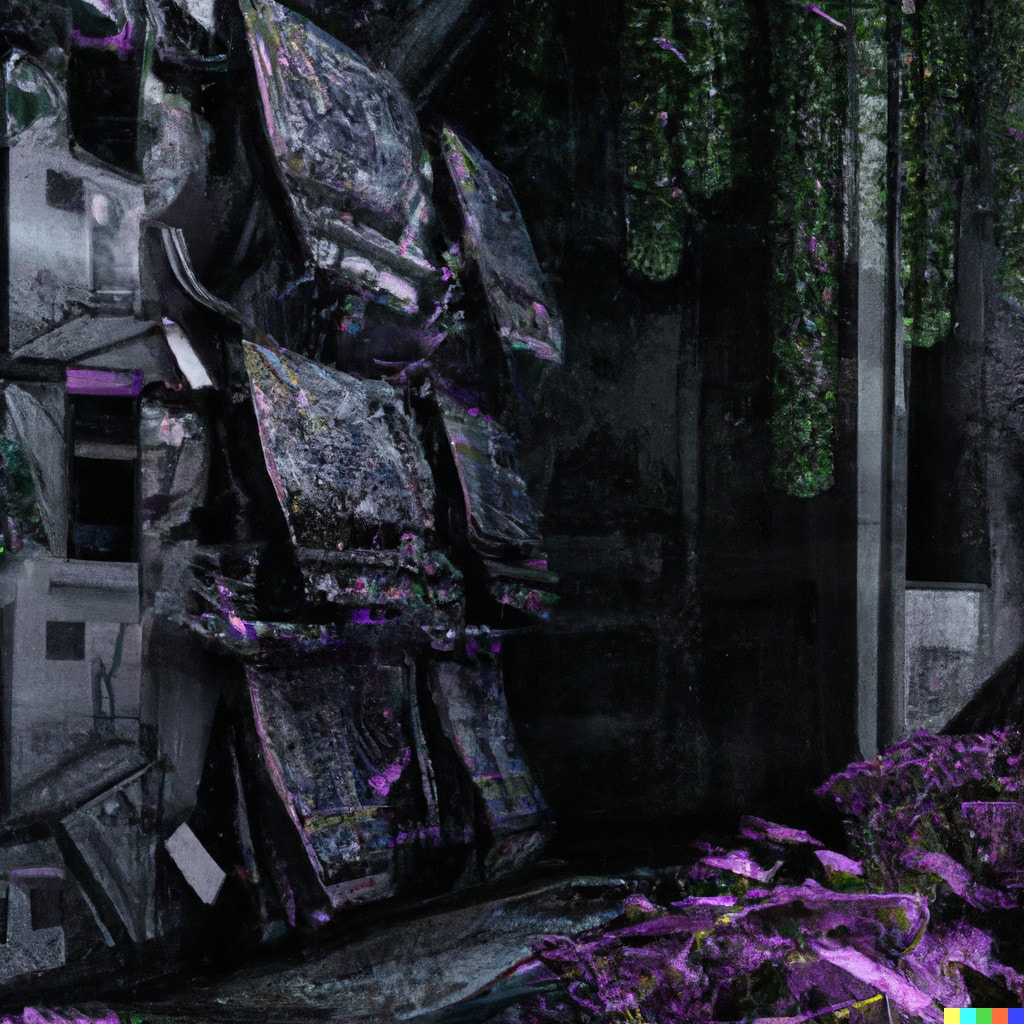
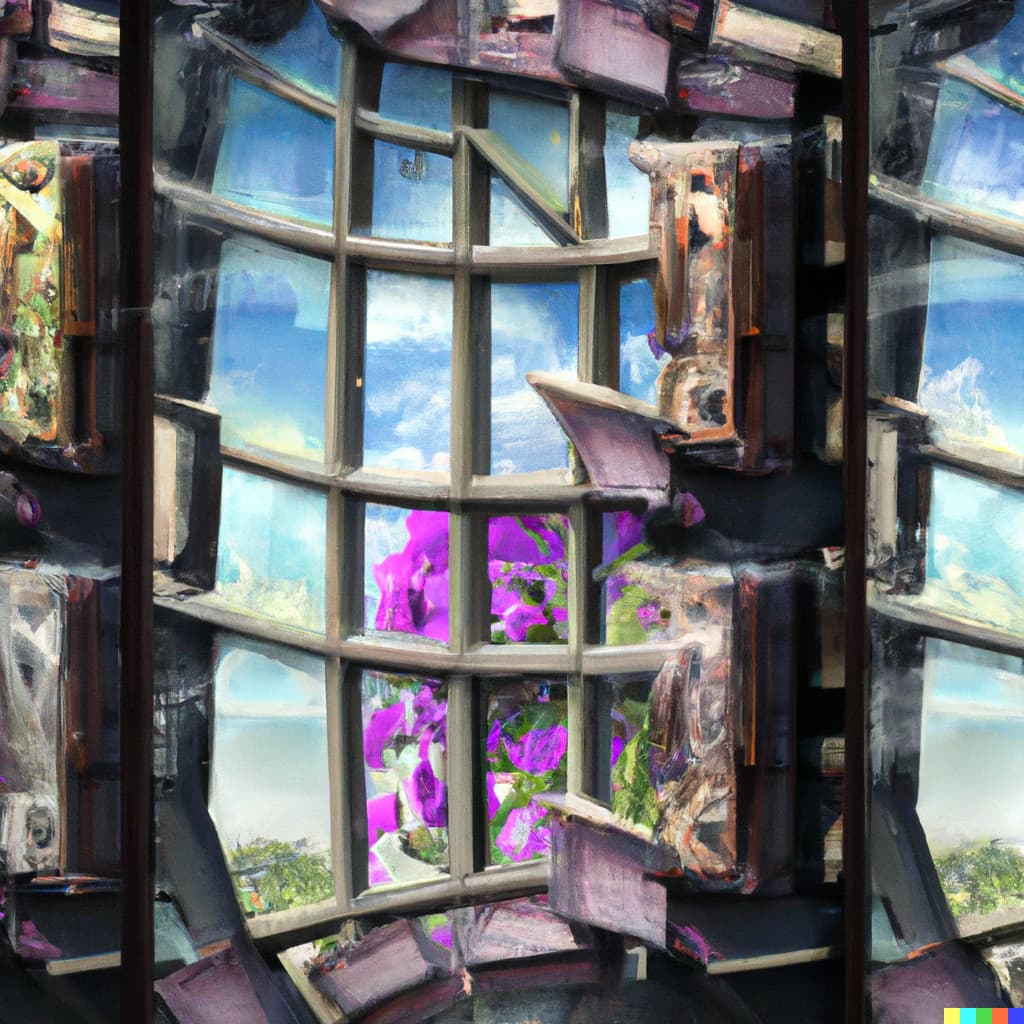
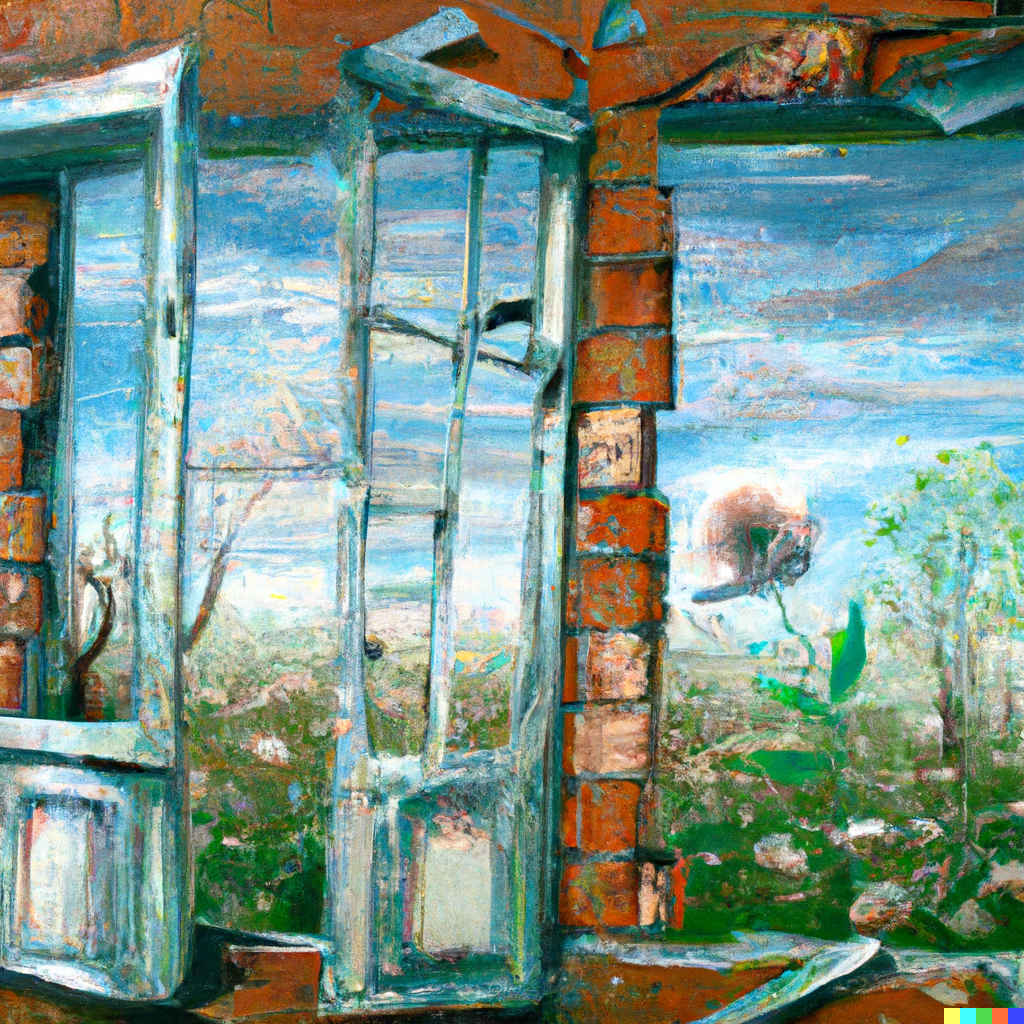

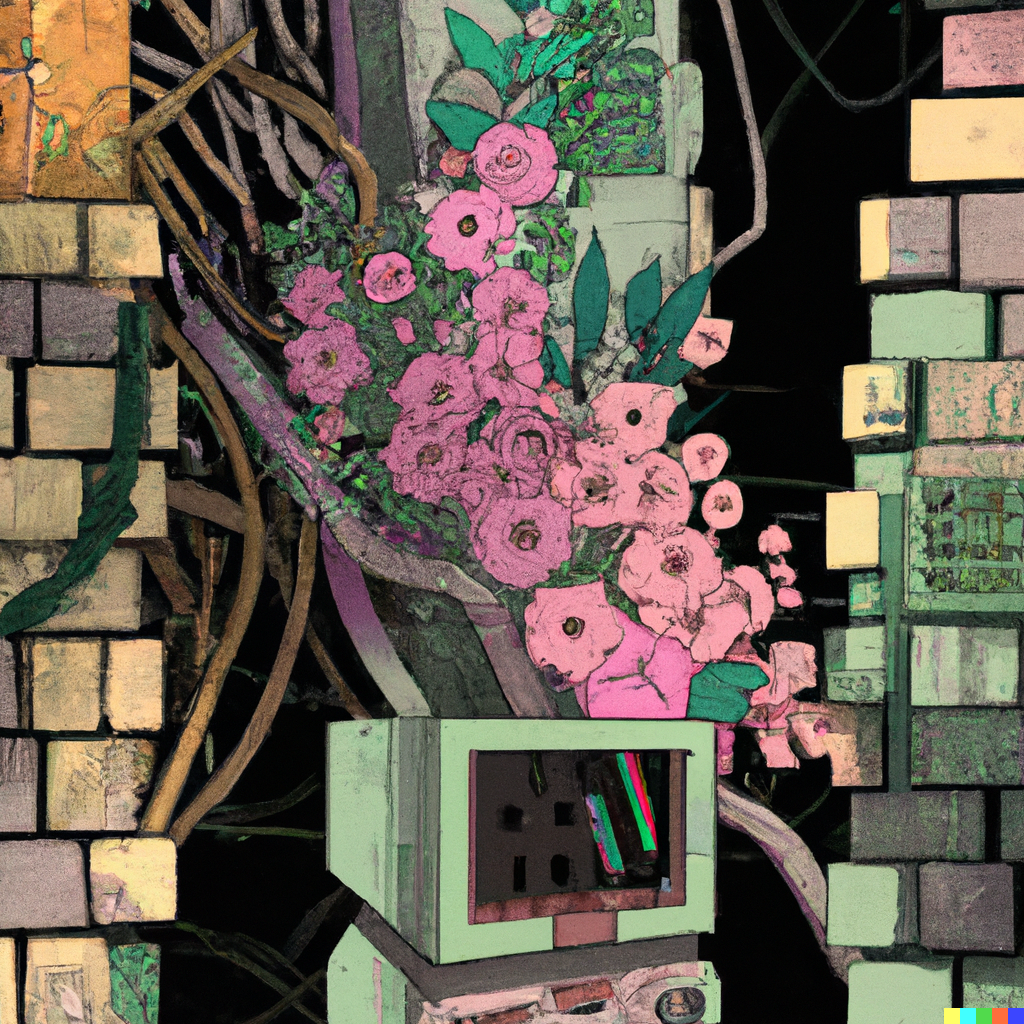
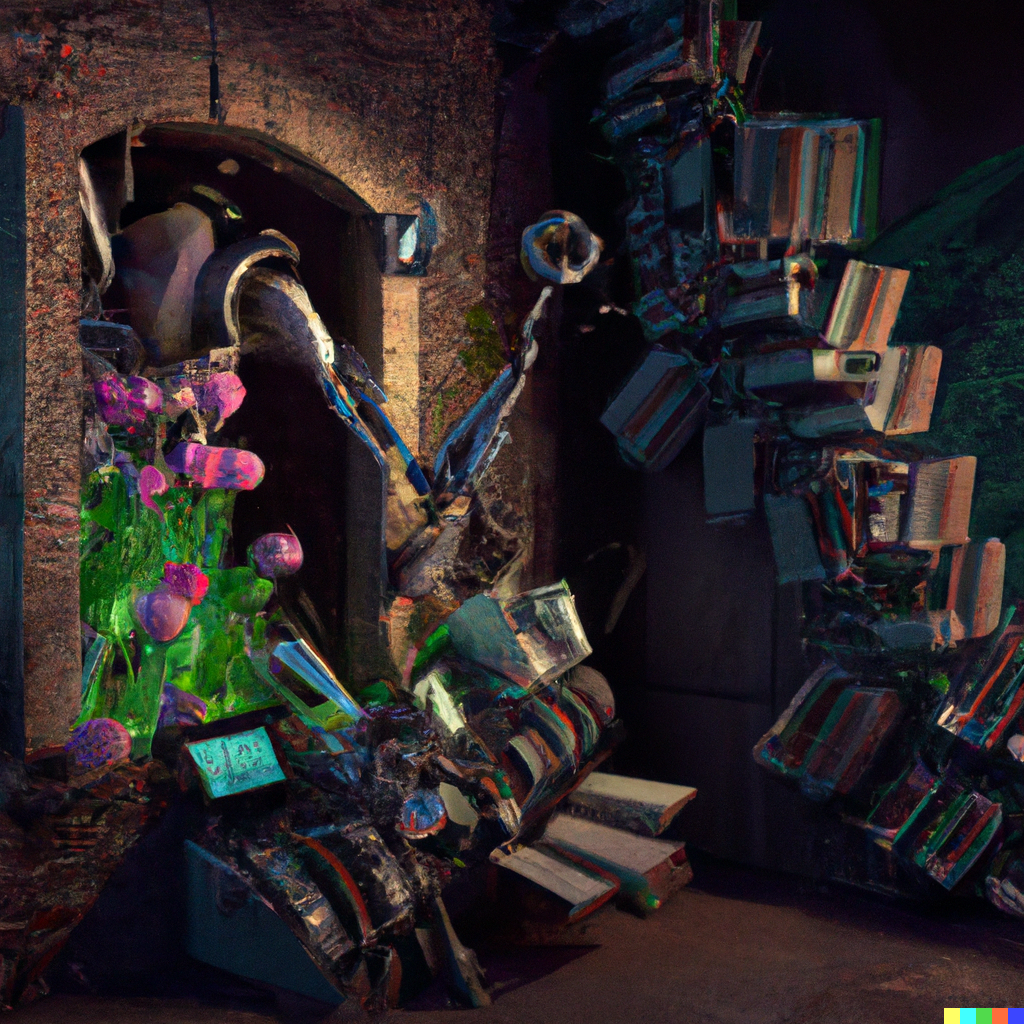
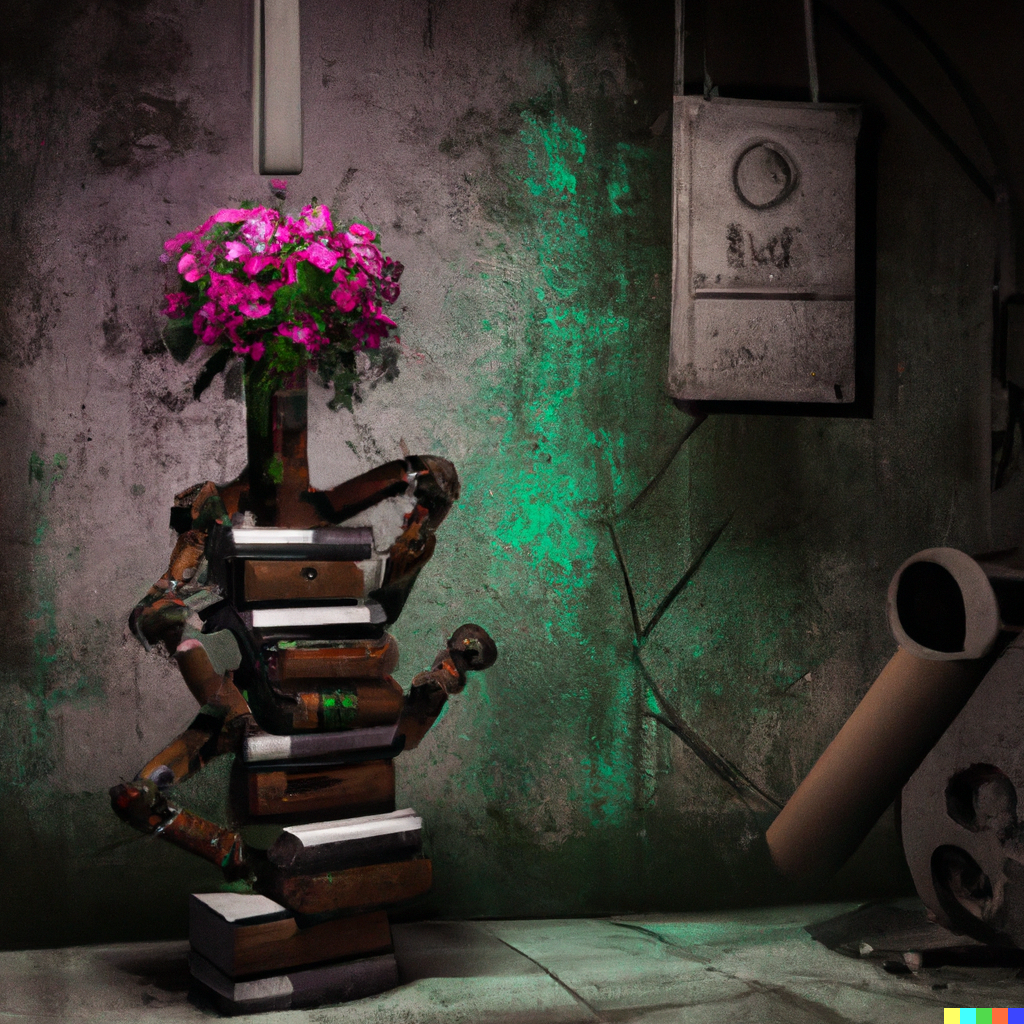
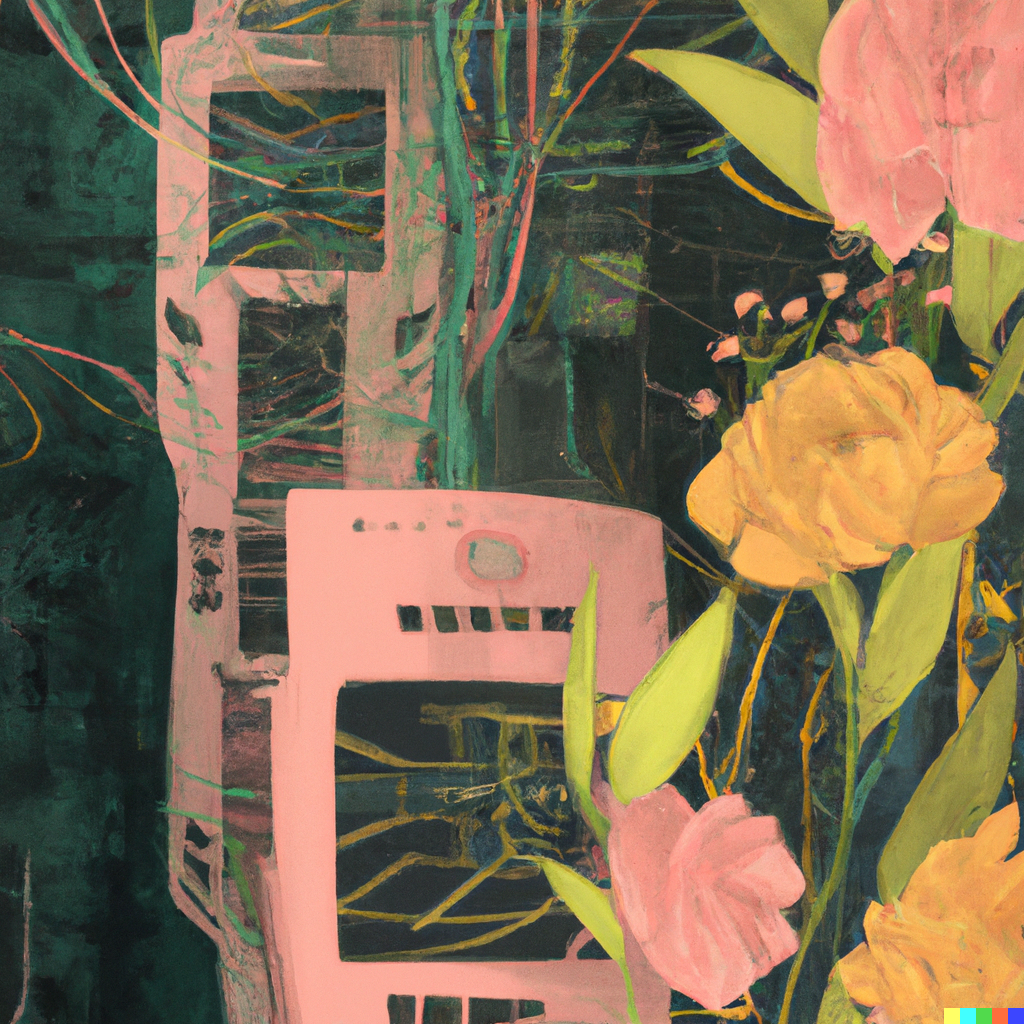

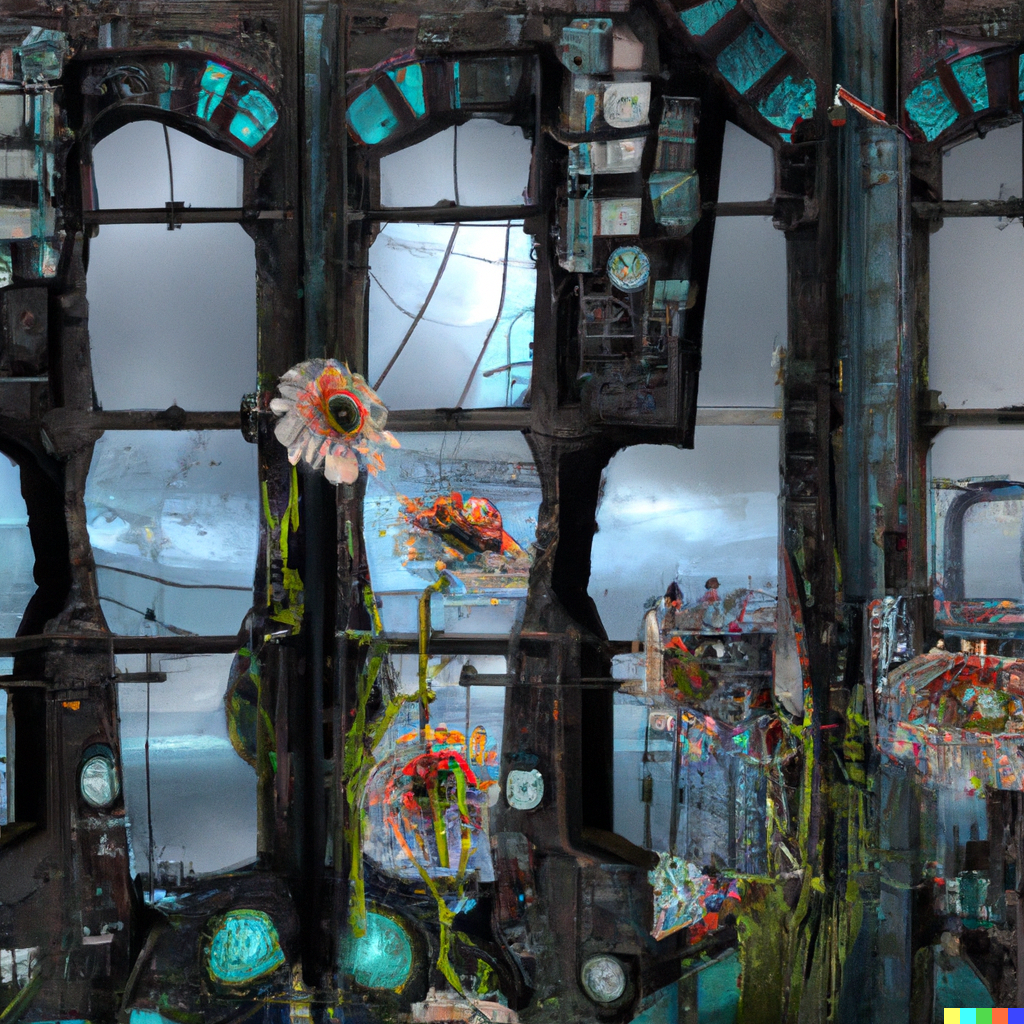

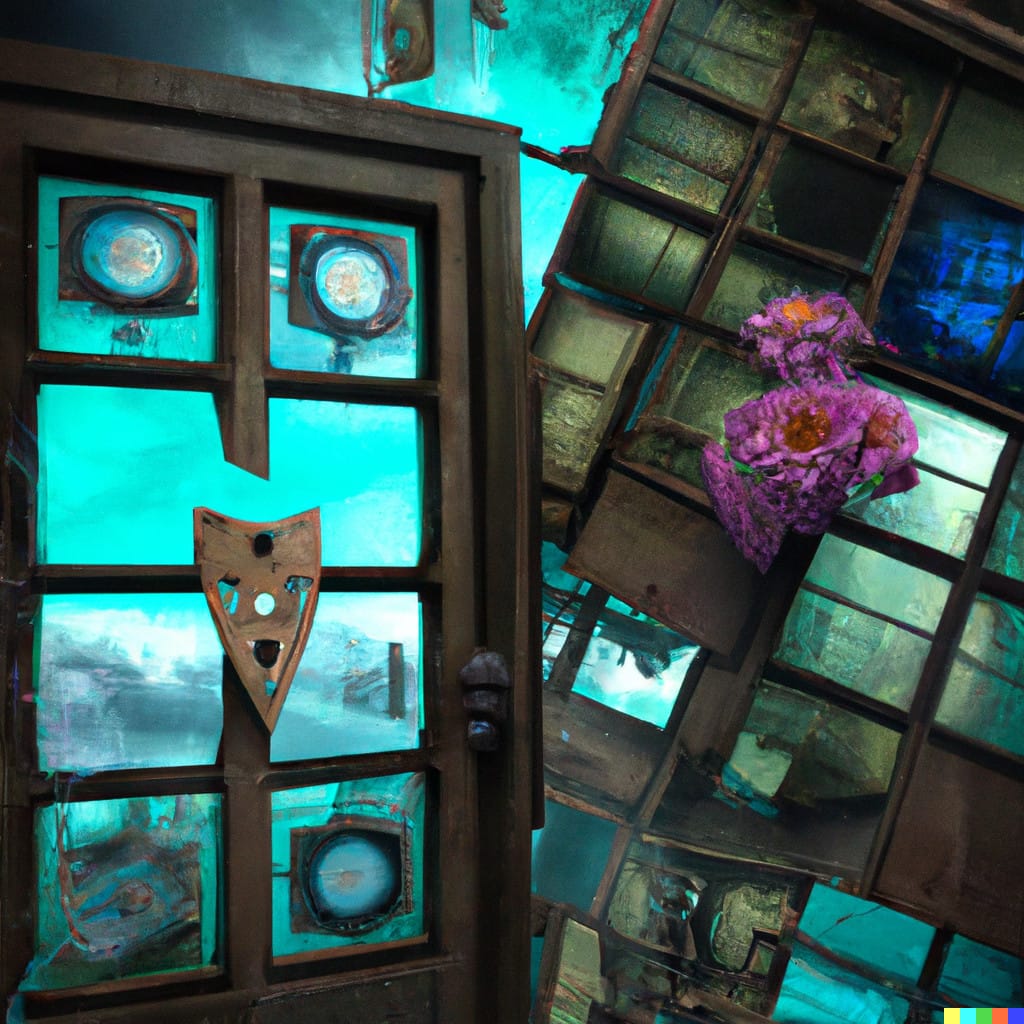


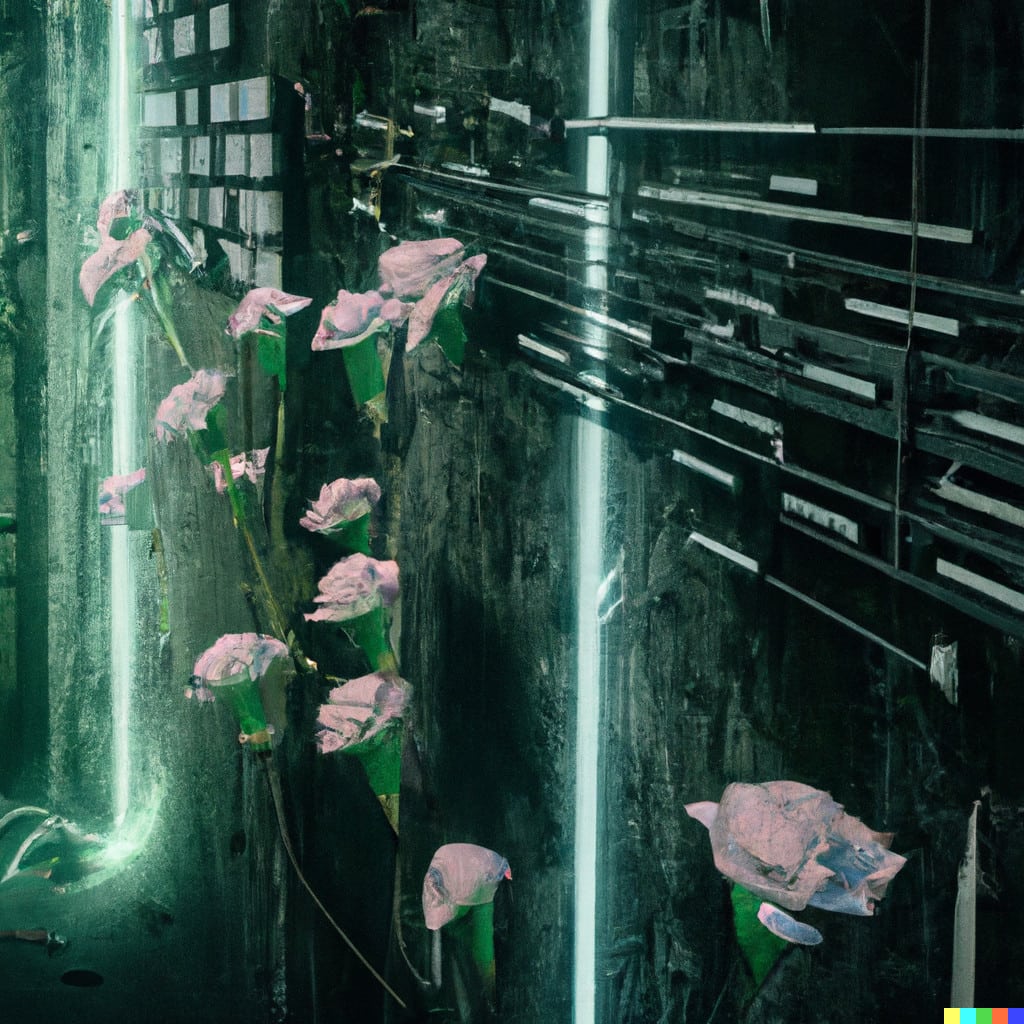
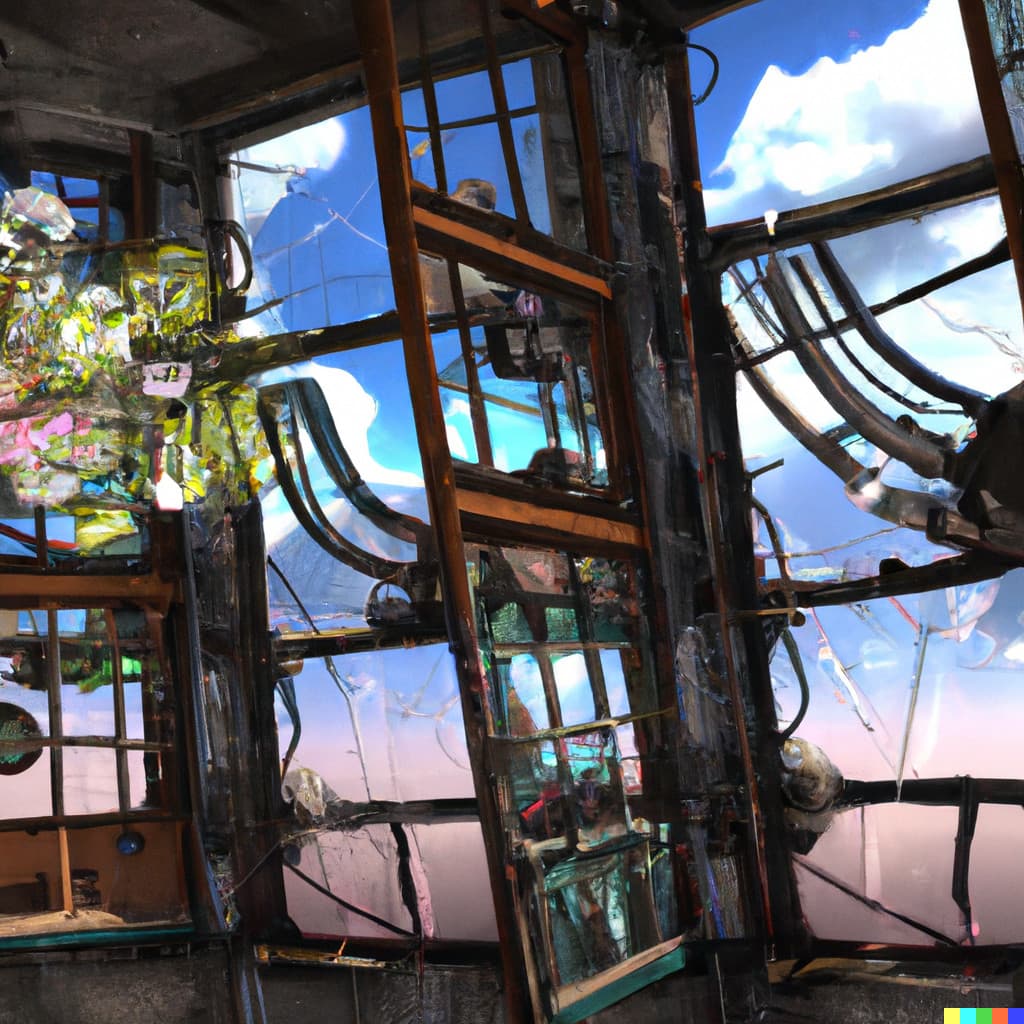

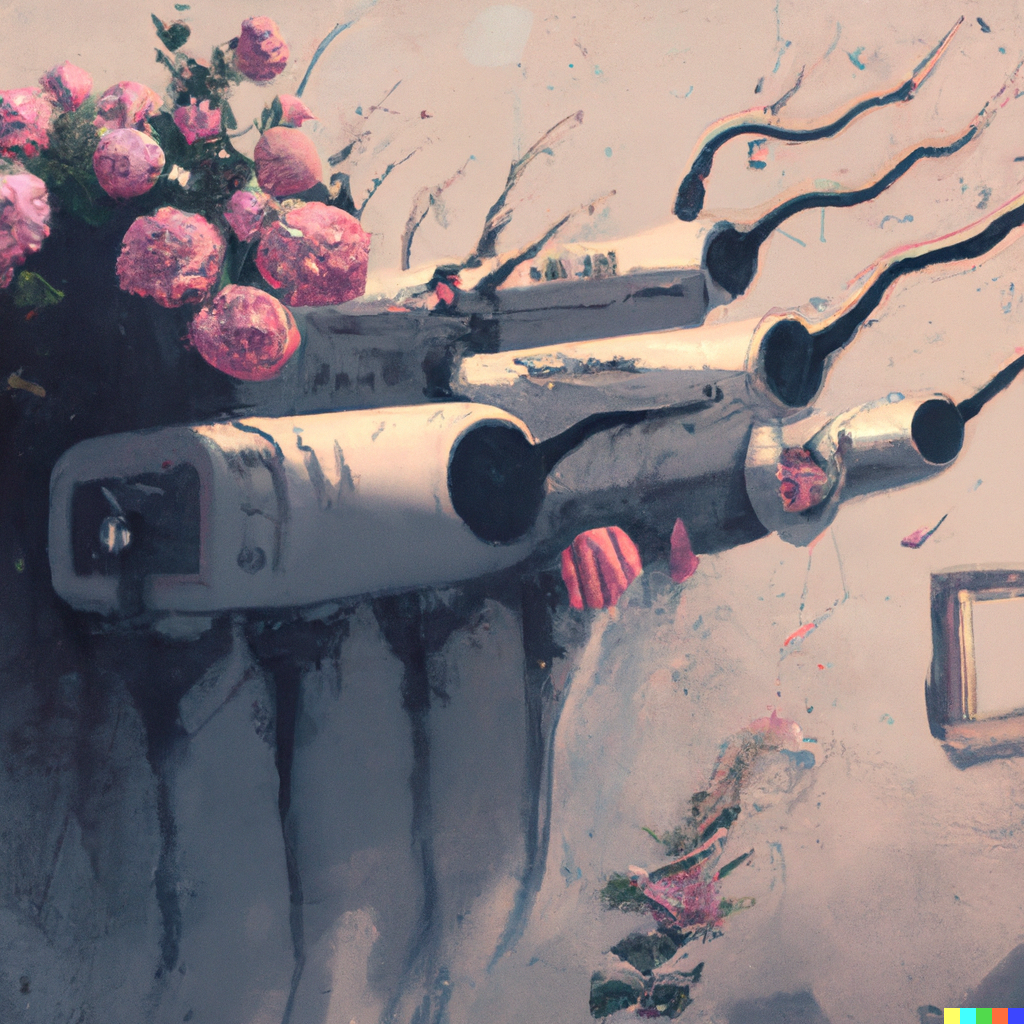
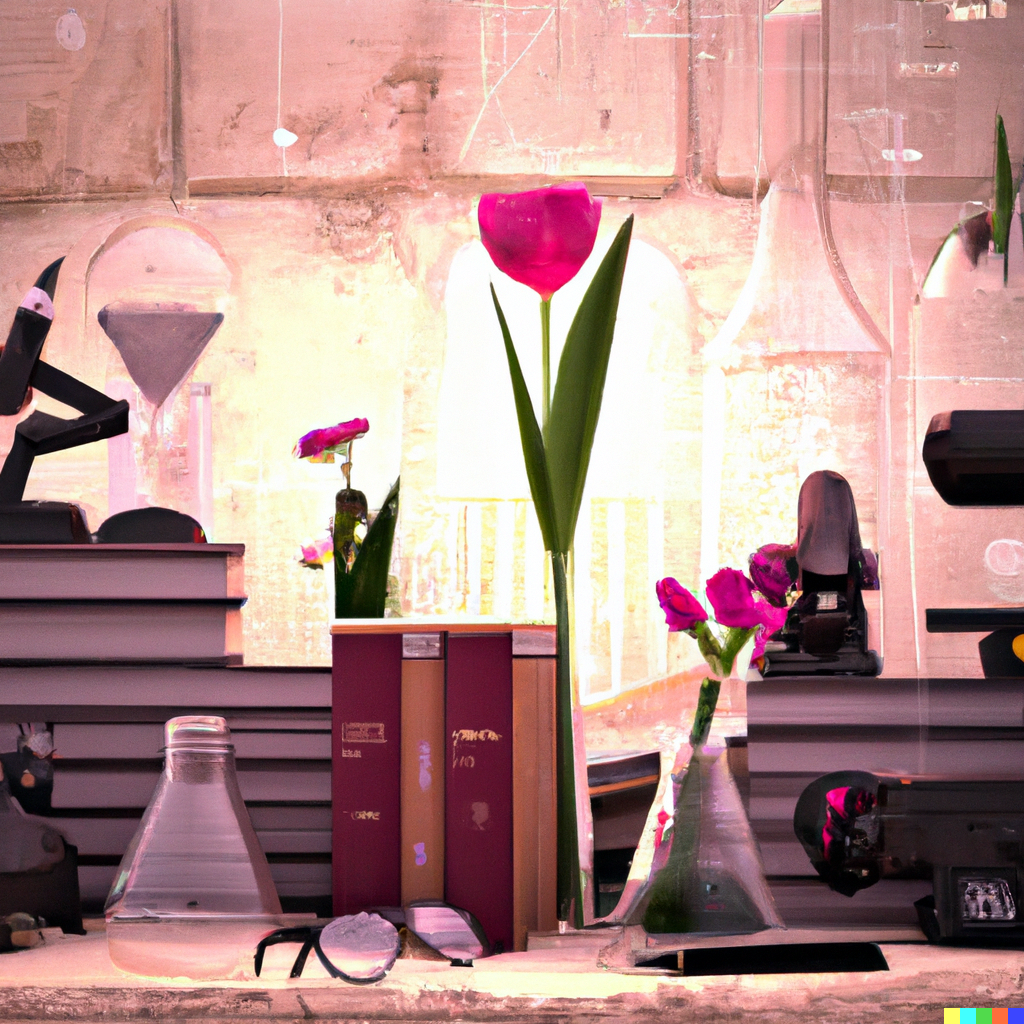


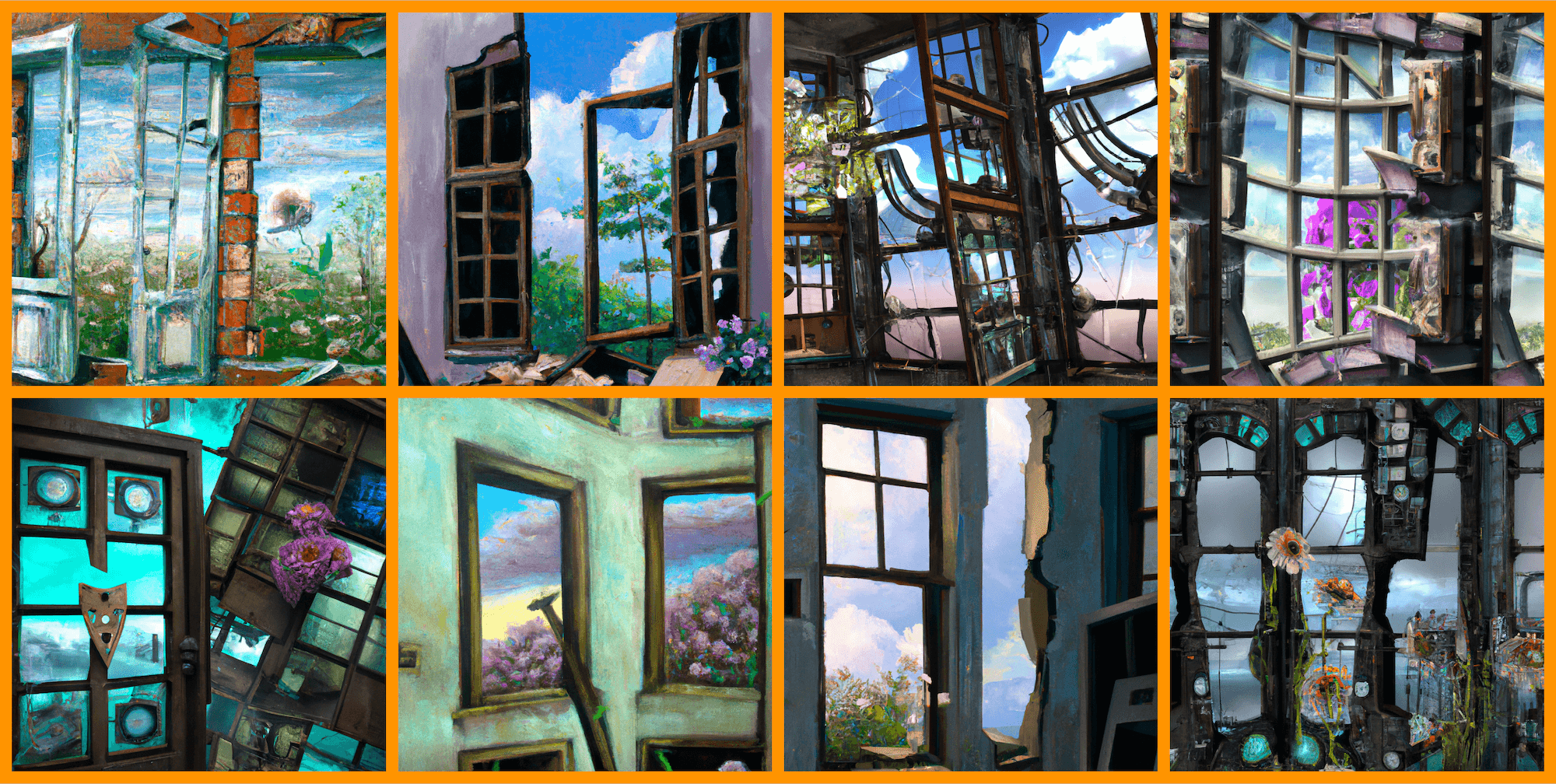
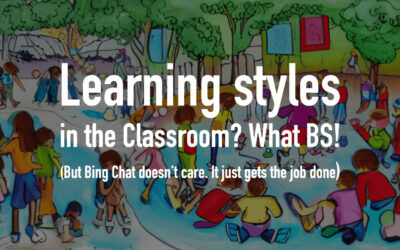

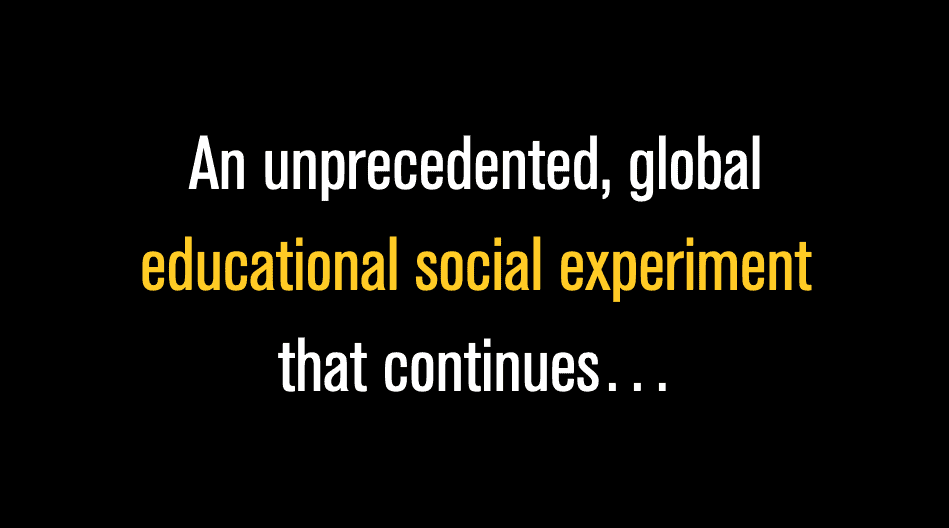
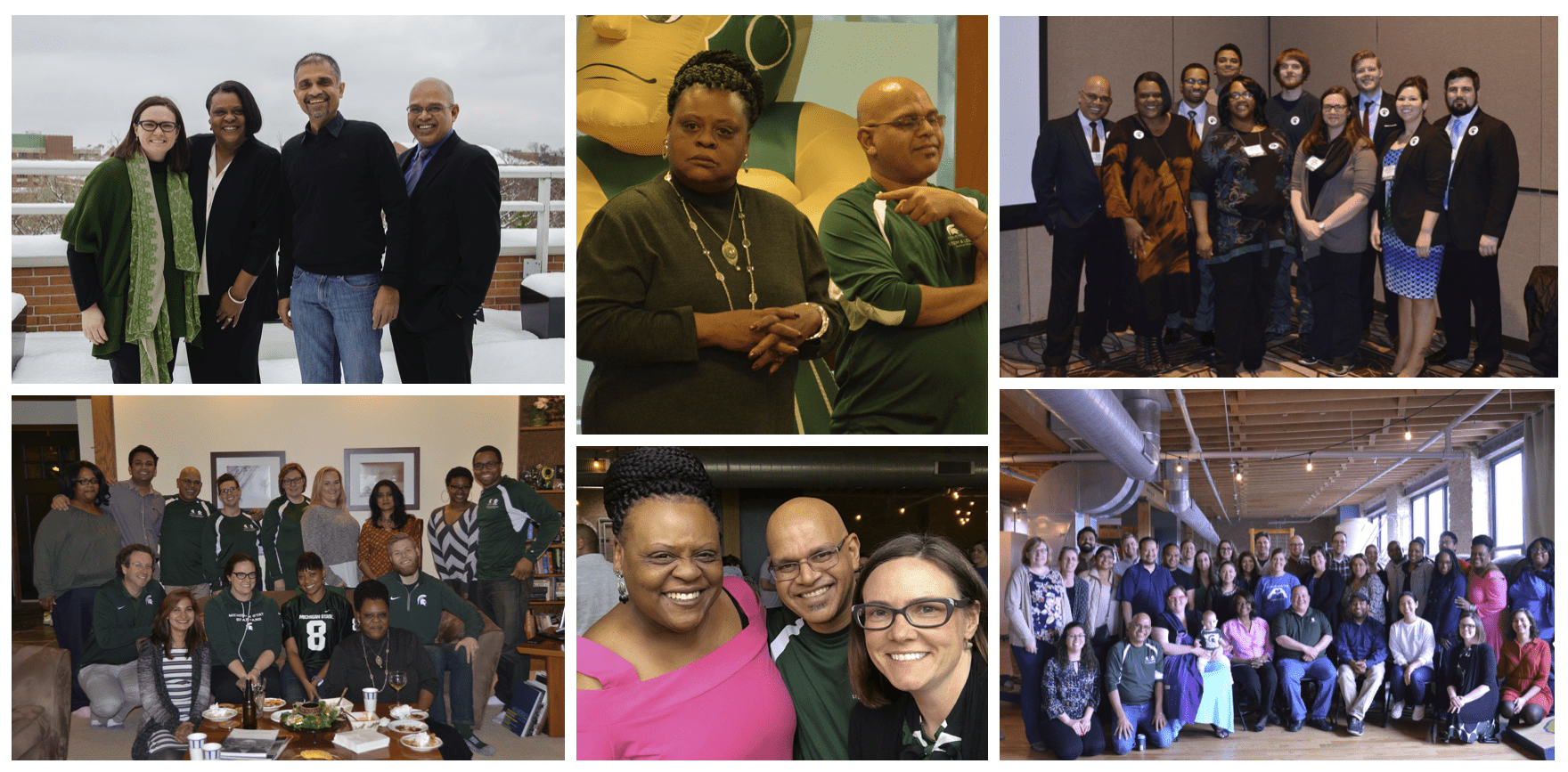
0 Comments